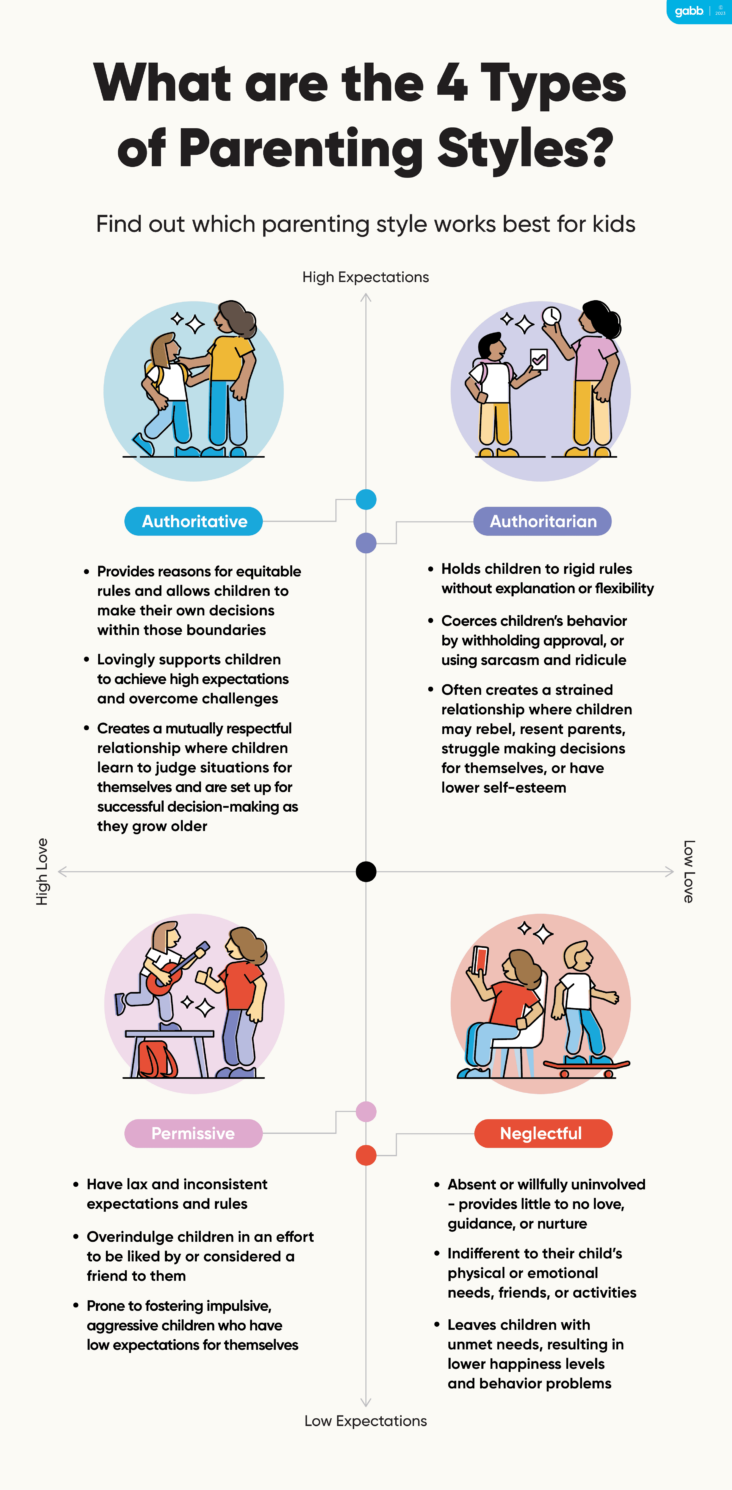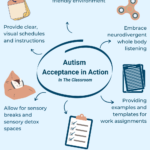Discover the intricate intertwining of parenting and autism in our comprehensive exploration of this complex subject. As you navigate the challenging journey of parenthood, understanding the connection between your child’s autism and your parenting style can be pivotal. Dive into this enlightening article to unravel the profound impact your parenting approach can have on the growth and development of your child with autism. Let’s demystify the world of autism and parenting together, and help you steer your way to a more informed, empathetic, and effective parenting approach.
Understanding Autism: An Essential Step in Navigating Parenthood

Understanding Autism is a vital step in navigating parenthood, especially when you are raising a child on the spectrum. Autism, or Autism Spectrum Disorder (ASD), is a developmental disorder that affects communication and behavior. Its effects can vary widely from person to person, making it a complex condition to understand and manage. As a parent, getting a comprehensive understanding of autism, its symptoms, and its impact on your child’s life can significantly influence your parenting style. Emphasizing early diagnosis, intervention strategies, and parental support can lead to improved outcomes and quality of life for your child with autism.
The Role of Parenting Style in Supporting Children with Autism
The role of parenting style is crucial in supporting children with autism. Parents who adopt a proactive and understanding approach can significantly enhance their child’s development. Consistent, structured routines and clear communication are key components of this parenting style, which can help reduce the common anxieties experienced by children with autism. Moreover, parents who engage in patience and persistence can empower their child to build crucial life skills. By understanding the specific needs and challenges of their child, parents can foster their child’s independence and confidence. This, in turn, can positively impact their child’s quality of life and overall development.
How Different Parenting Styles Influence the Development of a Child with Autism

Understanding the influence of different parenting styles on a child with autism is crucial for their development and well-being. Parenting styles can profoundly impact a child’s behavior, social skills, and overall progress. For instance, permissive parenting may lead to behavioral issues, while authoritarian parenting can increase stress levels. On the other hand, authoritative parenting, characterized by a balance of rules and warmth, can foster better communication and independence in children with autism. A thoughtful, patient, and consistent approach can significantly enhance the developmental outcomes of these unique children.
Nurturing the Unique Needs of Autistic Children: Adapting Parenting Styles
Understanding and nurturing the unique needs of autistic children often involves adapting your parenting style. This shift is crucial in fostering a supportive environment that promotes the child’s growth and learning. Parents may need to adopt a more patient, understanding, and flexible approach, considering the child’s sensitivity to sensory stimuli and potential communication difficulties. Additionally, it’s essential to appreciate the child’s unique strengths and interests, using these as avenues for engagement and learning. As such, your SEO optimized content should focus on the adaptive parenting strategies for autistic children, emphasizing the importance of patience, understanding, and appreciating their individuality.
The Impact of Parenting Styles on Autistic Children: A Comprehensive Analysis.

The parenting style an individual adopts profoundly influences their child’s development, especially if the child is autistic. Parents of children with autism often need to adapt their approach to meet the unique needs of their child. A comprehensive analysis of the impact of different parenting styles on autistic children reveals that a balanced approach, combining structure and flexibility, tends to yield the most positive outcomes. Understanding the complex interplay between autism and parenting style can empower parents to make informed decisions that support their child’s growth and development. This crucial topic warrants a deep dive into the intricacies of parenting styles and their effects on children with autism.




